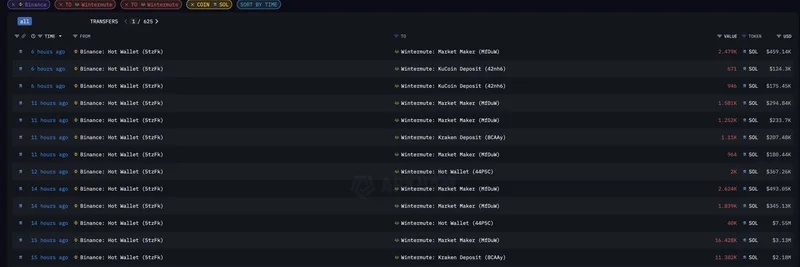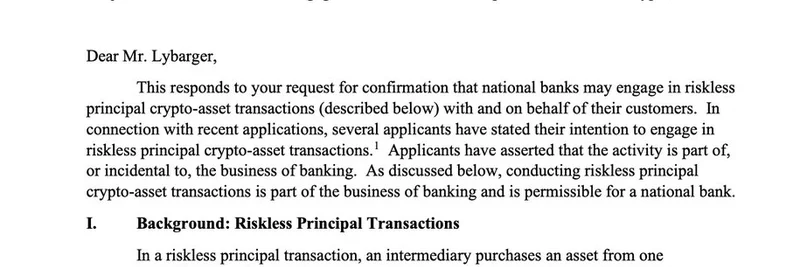In the wild world of crypto, where meme tokens can skyrocket or crash in hours, a recent tweet from crypto commentator MartyParty has stirred up serious discussions about market fairness and trader safety. Posted on October 11, 2025, just a day after a massive market shake-up, the thread calls out centralized exchanges and market makers for what he sees as unchecked manipulation. With screenshots showing Binance funneling millions in SOL, ETH, and BTC to Wintermute—a big-name market maker—it feels like business as usual, even as retail traders lick their wounds from billions in liquidations.
The $20 Billion Liquidation Bloodbath: What Sparked It?
Let's break it down simply: On October 10, 2025, the crypto market took a nosedive after US President Donald Trump announced 100% tariffs on all Chinese imports, retaliating against China's new export curbs on rare earth minerals. These minerals are crucial for tech, and the geopolitical tension sent shockwaves through global markets. Bitcoin dipped below $110,000, and the overall crypto fear index plummeted.
The result? A staggering $20 billion in liquidations—the forced selling of leveraged positions when prices drop too fast. This dwarfs past events like the FTX collapse. Exchanges like Hyperliquid ($10.31B), Bybit ($4.65B), and Binance ($2.41B) bore the brunt, with traders on perpetual futures contracts getting wrecked. For meme token fans, especially those trading Solana-based coins like dog-themed or celebrity memes, this meant amplified volatility. Solana's fast, cheap transactions make it a meme hotspot, but leveraged bets on platforms like these can turn profits into dust overnight.
MartyParty's Exposé: Transfers Continue Like Nothing Happened
MartyParty's post highlights how, despite the chaos, Binance kept transferring assets to Wintermute. The screenshots from Arkham Intelligence show ongoing flows: thousands of SOL (worth hundreds of thousands in USD), ETH, and BTC moving from Binance's hot wallets to Wintermute's market-making addresses. Wintermute, for the uninitiated, is a firm that provides liquidity—essentially keeping trades flowing smoothly—but critics argue they can influence prices through their operations.
"Why does this matter?" you might ask. MartyParty argues it's evidence of "several layers of centralized controllers" manipulating crypto prices. Centralized exchanges (CEXs) like Binance aren't selling you the real asset—they're peddling derivatives, like futures contracts, which can be liquidated at their discretion. Fees are sky-high, and capital controls can lock you out. In the meme token space, where hype drives prices, this setup leaves retail traders vulnerable to engineered dumps.
Why Self-Custody is the Real Forever Long for Meme Coins
Here's the core advice from the thread: Skip the leverage games and go for spot buys, then move to self-custody right away. Self-custody means holding your crypto in a personal wallet, like a hardware device (e.g., Ledger or Trezor), where you control the private keys. No exchange can freeze your funds or liquidate you.
For meme token traders on Solana, this is gold. Platforms like Pump.fun or Raydium let you buy directly, but leaving assets on a CEX is risky—remember FTX? MartyParty emphasizes that the "forever long" isn't endless leverage; it's owning the spot asset outright. This shields you from manipulation and lets you ride the meme waves without fear of platform shenanigans.
Echoes of Regulation: Crypto.com CEO Joins the Chorus
The tweet ties into broader calls for oversight. Crypto.com's CEO, Kris Marszalek, publicly demanded a regulatory probe into exchanges' handling of the crash, questioning if they halted trading, mispriced assets, or skimped on anti-manipulation measures. Binance even admitted to a depeg issue with tokens like USDe, leading to forced liquidations and promises of compensation.
In the meme token ecosystem, where Solana hosts viral hits like BONK or WIF, such events underscore the need for decentralization. Meme coins thrive on community and hype, but centralized chokepoints can stifle that. MartyParty urges those hit hard to contact local representatives—push for rules that protect retail without killing innovation.
Final Thoughts: Protect Your Bags in the Meme Game
If you're deep in meme tokens, this thread is a reminder: The crypto show goes on, but regulators are MIA. Stick to spot, self-custody, and stay vigilant. As MartyParty puts it, CEXs are "parasites preying on retail." For more insights on meme token trends and blockchain news, keep it locked on Meme Insider. What's your take—have you switched to self-custody yet?




